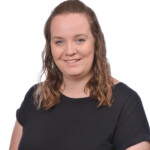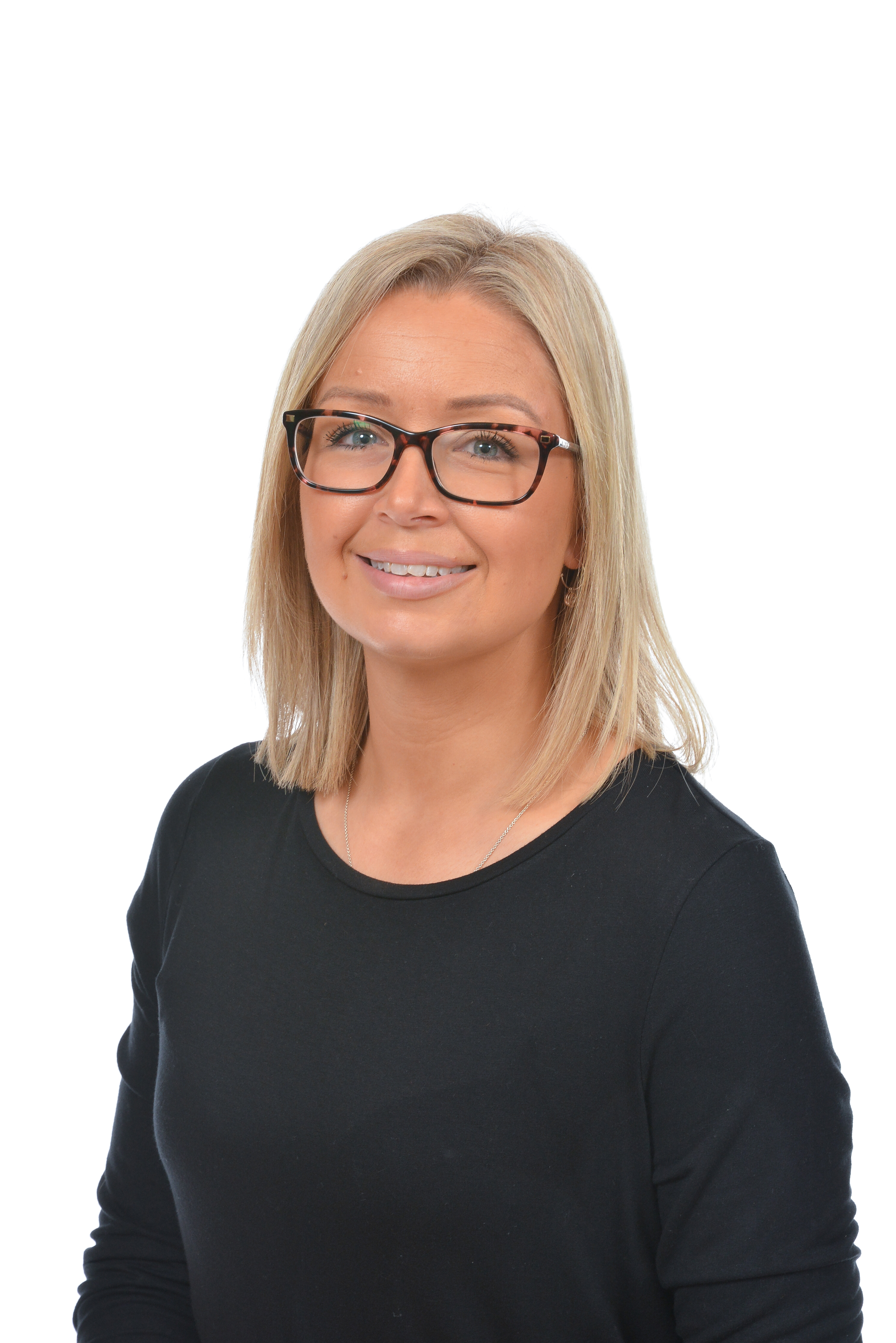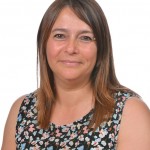Reception
Introduction
Please open the following letter from the teacher for the 2024-2025 academic year.
The attached PowerPoint will give you further information about the year group.
Teachers & LSAs

Miss Butler
Early Years Teacher

Mrs Waterman
Reception Learning Support Assistant

Mrs Mead
Reception Learning Support Assistant
Mid-day Assistant
What are we learning?-
When you enter this classroom,
You are a scientist,
You are an explorer,
You are a reader,
You are a mathematician,
You are important,You are loved,
You are a friend,
You are the REASON we’re here.
In Reception we follow The Early Years Foundation Stage Profile. The link below shows a simplistic view of what this means and what we carry out in order for our children to progress further and achieve their full potential!
Please click on the link below to see what we will be learning this term:
- Reception Curriculum letter Spring 2024
- Reception Curriculum letter Spring 2 2024
- Reception Curriculum letter Summer 1-2024
- Reception Curriculum letter Summer 2-2024
- Reception Curriculum letter Autumn 1 2024
If School is closed, due to severe weather. Please click on the link below to see some activities you could do to pass the time and enrich learning with your child.
How can you help?-
Communication and Language
Communicating seems to be an in-built drive and the ways we communicate rely as much on non-verbal means as on spoken communication. Communication and language is split into three sections: Listening and Attention, Understanding and Speaking.
Here are some ideas to help develop your children’s communication and language:
- Sing and teach them different songs and rhymes, particularly focusing on alliteration (when each word starts with the same sound) or rhyming (where the end sound of the words are the same)
- Make up silly sayings that involved alliteration or rhyming.
- Encourage your child to talk in full sentences for everything, if they ask you for a drink get them to say ‘Can I have a drink please?’ and not just ‘drink’.
- Do not let your child talk baby talk or talk to them in baby talk.
- Make sure your child no longer uses a dummy. Children by this age should not have dummies, this can seriously affect their speech and pronunciation of words.
- Explain words and new phrases or sentences you say to them to greater develop their understanding.
- Allow time for you to just talk as a family, switch off the TV and just have a chat (always encouraging and praising full sentences).
Physical Development
Physical development is as the title suggests about how babies and young children gain control of their bodies, but it also includes how children learn about keeping themselves active and healthy and how they learn to use equipment and materials successfully and safely. Physical Development is split into two sections: Moving and Handling and Health and Self Care. Moving and handling looks at fine and gross motor skills, this basically means hand control of things like drawing, writing, picking up things etc (fine motor skills) and body control eg. how we move around a room, how we over come obstacles and our general whole body movements (gross motor skills). Health and self care looks at how children develop the ability to care for themselves by going to the toilet independently, dressing themselves, making good food choices and knowing how to use things safely.
Here are some ideas to help develop your children’s physical development:
- Taking your child to a range of places where they can develop their body movements, eg. the park, soft play areas, skating/ice skating.
- To develop more hand control, let children use and play with things like chopsticks, hamma beads, lego, jewellery making etc.
- Let your child dress themselves, even if it takes a while they will get there in the end.
- Encourage your child to eat healthily and show them the difference between healthy and unhealthy food.
- When they are playing outside, get them to think about their moving around, not just running but skipping, hopping, galloping etc.
Personal, Social and Emotional Development
Personal, social and emotional development is recognised as one of the building blocks of success in life. It supports children’s development by helping them to interact effectively and develop positive attitudes to themselves and others. PSED is split into three sections: Self- confidence and self-awareness, Managing Feelings and Behaviour and Making Relationships.
Here are some ideas to help develop your children’s personal, social and emotional development:
- Learning to share is an important part of your child’s development, make sure you give them lots of opportunities to share, even if it is sharing something with an adult rather than a child.
- Don’t always let them win games that you play with them, they need to learn that they do not always win things.
- Set clear boundaries at home, with rules and expectations. Ask an adult in Reception if you would like to know what our rules and expectations are so you can carry out similar at home.
- If your child is upset/crying about something, try to get them to talk about it and explain why they are upset, so they learn to talk things through and resolve things.
- Make tidying up time into a game/song, to encourage children to tidy up after themselves.
- Give children little tasks to carry out such as sweeping up the kitchen, washing their toys, putting rubbish in the bin etc, so they take ownership of something ad enjoy carrying out small tasks.
Literacy
In Reception the children learn to read and write using phonics as their basis. We teach the children new phonemes (sounds) relating them to an action (Jolly Phonics) to aid their memory. When the children have learnt their phonemes we move onto using them to help with reading and writing. We break words down into their phonemes to write them (segment) and put phonemes together (blend) to read them. We also learn key words through phonics, your child will have a word pot that contains these words. It is really important that they practice reading words before writing them.
Here are some useful guides about phonics:
The children learn how to form their letters correctly and will practice writing their full name in Reception. Practicing writing their name at home using the correct letter formation will support their development.
Here are some ideas for developing reading and writing at home:
- Sound hunt – looking for sounds in words from books, magazines, signs and labels
- Have different types of paper (notepads, sticky-notes, characters paper) and pens to encourage your child to mark make and write
- Talk about what your child is drawing or writing
- Make patterns and letters in sand, shaving foam, play dough, using paint
- Reading at home is vital, it doesn’t have to be a school book, children love to read magazines, story and information books, online stories and even labels!
- Write cards, notes and letters to practice name writing
- Using sponge letters in the bath or for printing with paint
The websites below all have useful games and activities as well as more information for parents.
Mathematics
During their time in Reception children learn to work with numbers to 20 and beyond. We look at counting, grouping and comparing numbers as well as moving on to simple calculations. The children will also learn to solve simple problems involving doubling, halving and sharing. The children will learn about 2D and 3D shapes, size, weight, capacity, position, distance and time developing mathematical language. We also look at how to create and describe patterns.
Here are some ideas for developing maths skills at home:
- Using sponge numbers in the bath or for printing with paint
- Singing number songs and rhymes such as; ten green bottles, 5 speckled frogs and 5 little ducks
- Finding shapes, colours and numbers in the environment (in your house, at the park, when shopping)
- Helping with shopping, for example, counting out items and using simple coins
- Talk about what day and month it is as well as what time it is. Children love to wear a watch even if they cannot read the time yet.
- Baking at home helps children to understand weight and time
- Use positional language such as; under, over, next to and behind
Understanding the World
Understanding the World is about how children get to know about other people, the place where they live and about all the aspects of the environment. Understanding the world is split into three sections: People and Communities, The World and Technology.
Here are some ideas for developing understanding the world at home:
- Visit different areas such as woods, beaches, rivers etc.
- Allow children time to use computers and computer devices.
- Talk to your child about their family and who is a part of it and how they are related to each other.
- Look at flowers and plants with your child at different times of the year to show them how things change.
- Talk to your child about how things are the same or different (this can be how they are the same/different to other children).
Expressive Arts and Design
Expressive Arts and Design is split into two sections: Exploring and Using Media and Materials and Being Imaginative.Here are some ideas for developing expressive arts and designs at home:
Useful websites:

